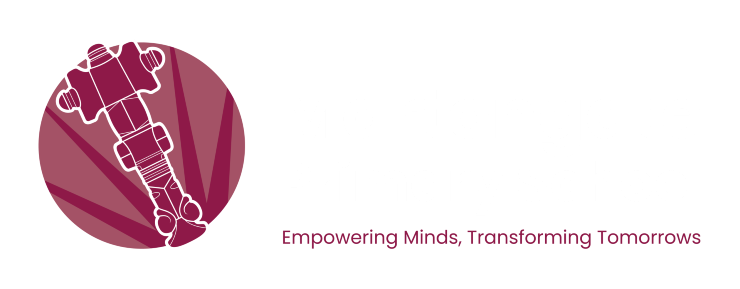Reading
Reading is taught as a basic skill in its own right and is practised throughout all areas of the curriculum.
In the early stages of reading, reading is taught as a discrete subject and is later practised and enhanced as a lifelong strategy and pleasure. Our children talk with enthusiasm about books they enjoy reading and can recognise how the school has developed a ‘Reading Culture.’
Children read daily in school across all subjects. In Foundation and Key Stage One they read books using the phonics they have learnt as part of their discrete phonic teaching. In addition, teachers from Y1- Y6 use whole class texts to develop higher order reading skills such as inference and deduction and authorial intent. The reading books often link to topic themes further enhancing knowledge and skills. Children read widely across different subjects.
We endeavour to create fluent readers who can read accurately, with appropriate intonation. Once children are ‘freed’ from focusing on word recognition, we teach specific reading comprehension strategies using the acronym ‘VIPERS’ which covers all National Curriculum objectives.
- Vocabulary
- Inference
- Prediction
- Explain
- Retrieval
- Summarise/Sequence.
Comprehension strategies are modelled before pupil practise the strategies with feedback. We encourage children to take greater responsibility for their own learning and reduce the modelling as they become more confident with answering a range of questions.
What do our Whole Class Reading sessions look like?
- All children reading the same text which has been carefully selected, with an appropriate level of challenge.
- Children will be exposed to a wide range of texts, genres and media throughout the year.
- Purposeful speaking and listening activities which support the development of childrens’ language.
- Guided oral instruction - teachers modelling fluent reading and then children reading the same text with appropriate feedback.
- Repeated reading - children read a short passage a set number of times to improve fluency and understanding.
- The teaching of specific comprehension strategies (VIPERS) which are modelled before being practised by the children.
- Teacher’s modelling inference making by ‘thinking aloud’.
- Children articulating their ideas verbally before writing them down.
- Differentiated questioning (if appropriate).
Parents are encouraged to support reading at home and children are expected to read daily. The school has a wide-range of age related home reading books which the children choose themselves. Alongside this, children in EYFS and KS1 take home a phonetically decodable book matched to their phonic ability and stage they are at in Read, Write, Inc. Each child has an individual diary where reading is recorded and tracked and is a means of communicating development to the child, parent and teacher. Children are also encouraged to take books home from the school library.

